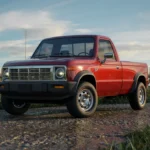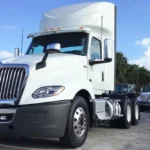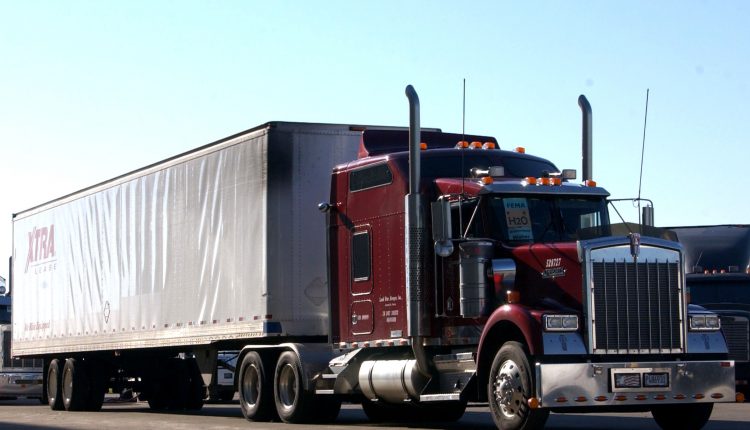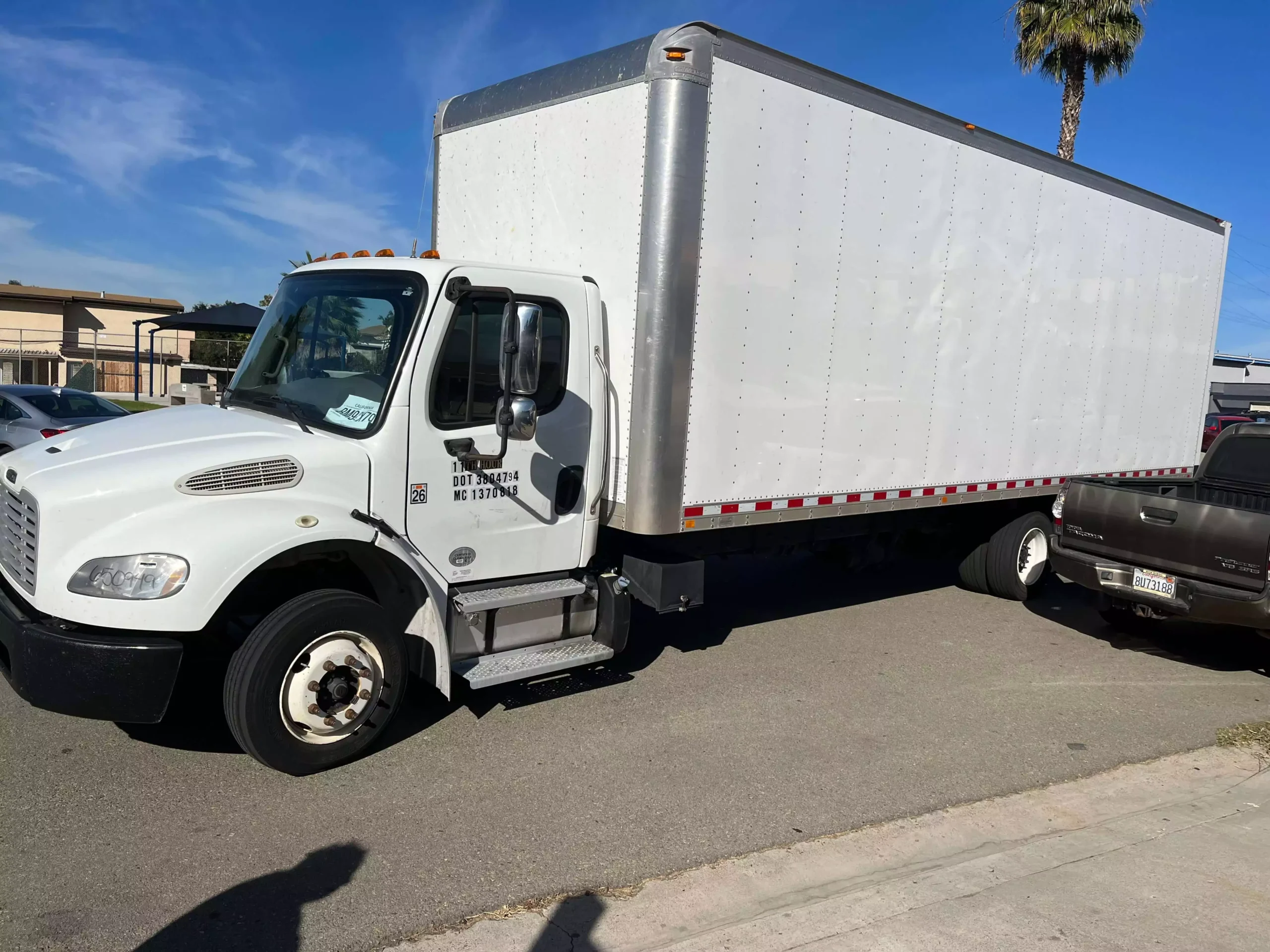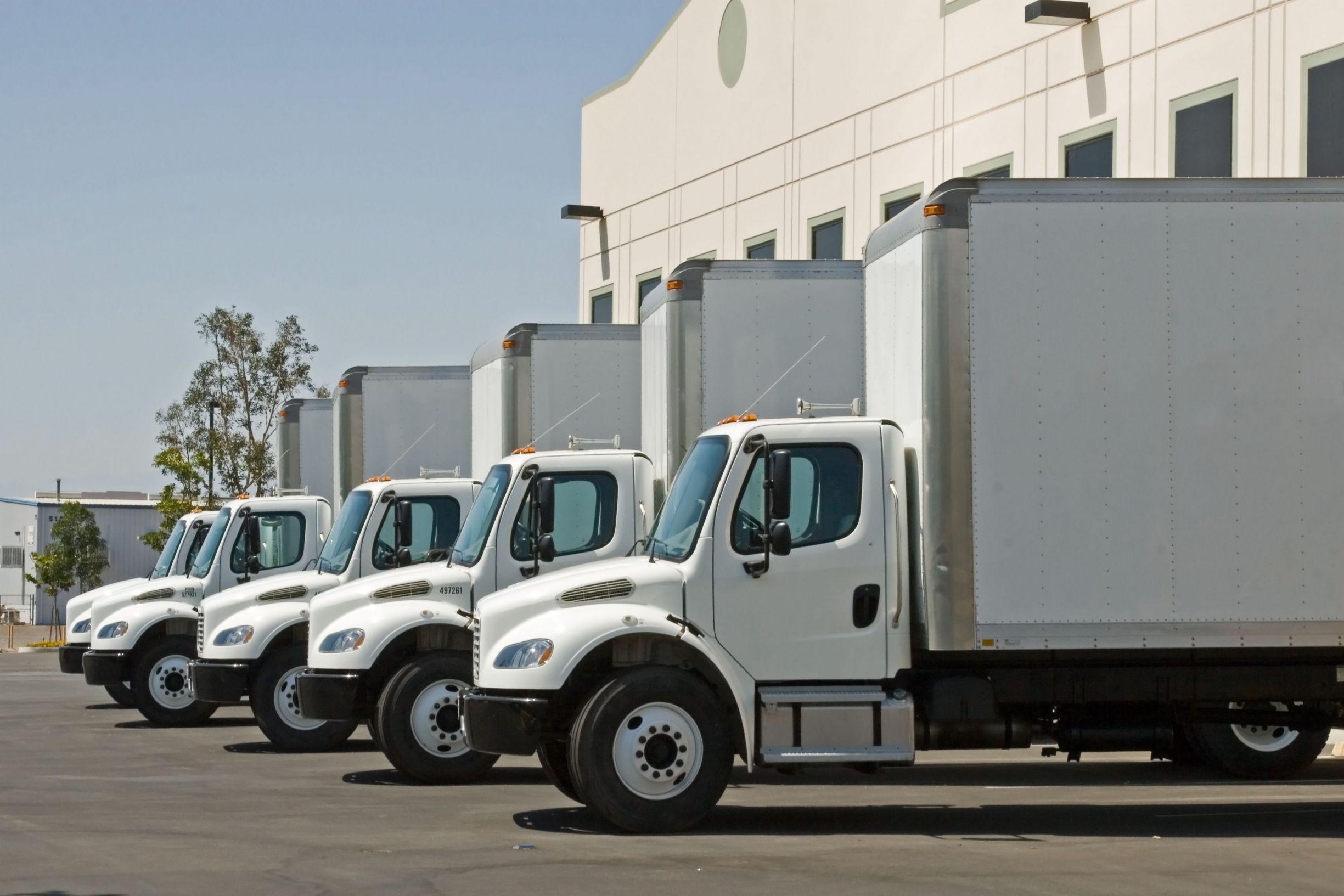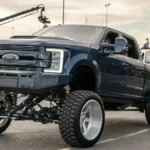Choosing the right truck can feel overwhelming with so many options available, but with a little guidance, you can make a confident decision that fits both your lifestyle and budget. Whether you’re looking for a workhorse for your business, a family-friendly truck for road trips, or something that offers both power and comfort, there’s a truck out there for you. This guide will help you understand the key factors to consider when choosing the right truck for your needs.
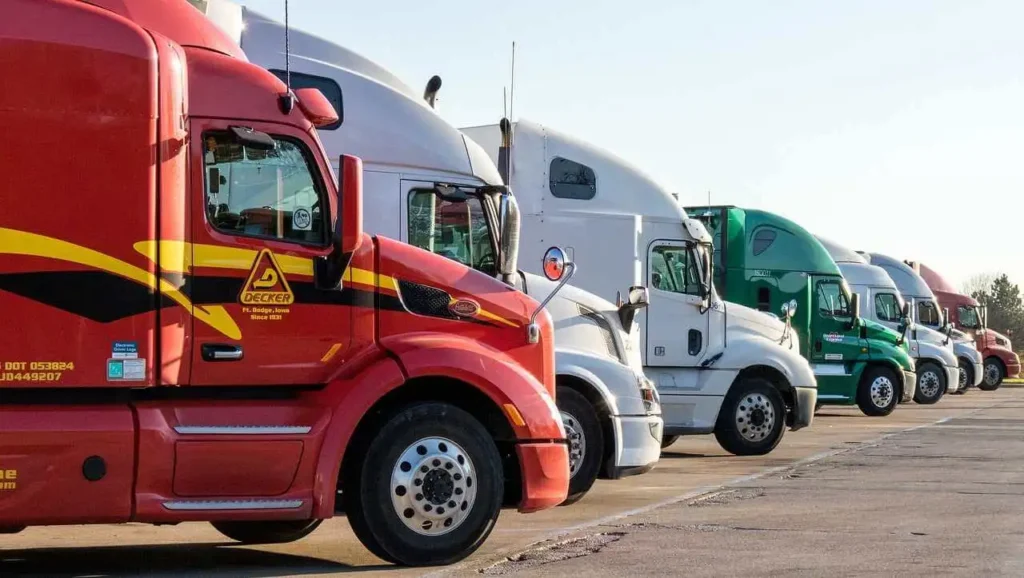
Content
Determine Your Primary Use
The first step in selecting the right truck is to determine how you’ll primarily use it. Will it be for work, towing, off-roading, or daily commuting? Understanding your needs will narrow down your options significantly. Here are a few considerations based on different uses:
- Work and Towing: If you plan to haul heavy loads or use your truck for business, look for a truck with a strong towing capacity. Full-size trucks like the Ford F-150 or Ram 1500 offer great towing power and ample cargo space.
- Off-Roading: For off-road enthusiasts, trucks with four-wheel drive (4WD) and higher ground clearance are essential. Models like the Toyota Tacoma and Jeep Gladiator are built to handle rugged terrain.
- Family or Commuting: If you’re looking for a truck that’s family-friendly and suitable for daily driving, consider one with a smooth ride, good fuel efficiency, and safety features. Mid-size trucks like the Honda Ridgeline offer a more comfortable driving experience while still providing plenty of utility.
Choose the Right Size
Trucks come in three main sizes: compact, mid-size, and full-size. The size of the truck you choose should depend on your needs for cargo capacity, towing power, and comfort.
- Compact Trucks: Compact trucks like the Toyota Tacoma or Nissan Frontier are smaller and more fuel-efficient. They’re great for city driving, offer reasonable towing capacity, and are often easier to park than larger trucks.
- Mid-Size Trucks: Mid-size trucks, such as the Chevrolet Colorado or Ford Ranger, offer a balance of towing power and fuel efficiency. They typically have a larger bed and cabin than compact trucks while still being manageable for daily driving.
- Full-Size Trucks: Full-size trucks like the Ram 1500 or Chevrolet Silverado are the go-to for heavy-duty tasks. They provide maximum towing capacity, payload, and cabin space, but they also tend to have lower fuel efficiency and may be more difficult to maneuver in tight spaces.
Consider Engine Power and Towing Capacity
One of the most important factors in choosing the right truck is deciding how much power you need. Trucks typically come with various engine options, including four-cylinder, V6, and V8 engines.
- Four-Cylinder Engines: A four-cylinder engine is sufficient for light tasks like commuting or hauling lighter loads. They are also the most fuel-efficient option, but they won’t provide the power needed for heavy-duty towing or off-roading.
- V6 Engines: V6 engines are a good middle ground for those who need more power than a four-cylinder offers but still want decent fuel efficiency. They’re perfect for mid-size trucks and lighter towing needs.
- V8 Engines: If you plan on towing large trailers or hauling heavy loads, a V8 engine is your best bet. V8s provide more horsepower and torque, allowing for better performance when towing or carrying heavy cargo.
Always check the truck’s towing capacity to ensure it meets your needs. A truck with a high towing capacity is essential if you plan to tow trailers, boats, or large equipment.
Fuel Efficiency
Fuel efficiency is an important consideration for many truck buyers. Larger trucks with V8 engines often consume more fuel, while smaller trucks or those with four-cylinder engines tend to offer better mileage. If fuel economy is a priority, look for trucks with hybrid or diesel engine options, as they can provide better efficiency without sacrificing too much power.
Keep in mind that while diesel trucks may cost more at the pump, they often deliver better towing performance and fuel efficiency over the long term.
Safety Features
Trucks are typically larger and heavier than most vehicles on the road, so safety is especially important. Look for trucks with the latest safety features, such as:
- Advanced Driver Assistance Systems (ADAS): Features like lane-keeping assist, blind-spot monitoring, adaptive cruise control, and forward-collision warning can help prevent accidents and make driving safer.
- Rearview Camera: A rearview or 360-degree camera system can help with parking and backing up, especially when hauling large loads or towing a trailer.
- Stability Control: Stability control helps prevent rollovers and keeps the truck steady during sudden turns or when towing.
Make sure to check safety ratings from organizations like the National Highway Traffic Safety Administration (NHTSA) or the Insurance Institute for Highway Safety (IIHS) to get a clearer picture of a truck’s safety performance.
Cabin and Comfort
While trucks are designed for utility, comfort should also be considered, especially if you plan on using the truck for long drives or family trips. Trucks come in various cab styles, such as:
- Regular Cab: A regular cab typically has a single row of seats and limited cabin space. This is the best choice for work trucks or if you need more bed space.
- Extended Cab: An extended cab offers extra space behind the front seats, making it a good option for families or those who occasionally need to transport more passengers.
- Crew Cab: The crew cab has the most passenger space, with a full second row of seats. It’s ideal for families or anyone who regularly drives with passengers.
Consider how many people you need to transport and how much cabin space you’ll need to be comfortable.
Budget and Financing
Finally, your budget will play a key role in deciding which truck to buy. Full-size trucks and trucks with higher towing capacities are often more expensive than smaller models, so it’s important to figure out how much you’re willing to spend.
If you’re financing your truck, compare interest rates from different lenders to find the best deal. Additionally, check for any manufacturer rebates or dealer incentives, as these can help lower the overall cost of the truck.
Conclusion
Choosing the right truck for your needs involves considering factors like your primary use, truck size, engine power, towing capacity, fuel efficiency, safety features, comfort, and budget. Whether you need a workhorse for heavy-duty tasks or a more comfortable vehicle for daily driving, understanding your requirements will help guide you toward the best option. By carefully weighing these factors, you’ll be sure to find a truck that suits both your needs and your lifestyle for years to come.

Max isn’t your ordinary auto blogger. He’s your friendly neighborhood gearhead, here to guide you through the automotive maze. His blog is like a conversation with a buddy who’s always got the latest auto scoop.


